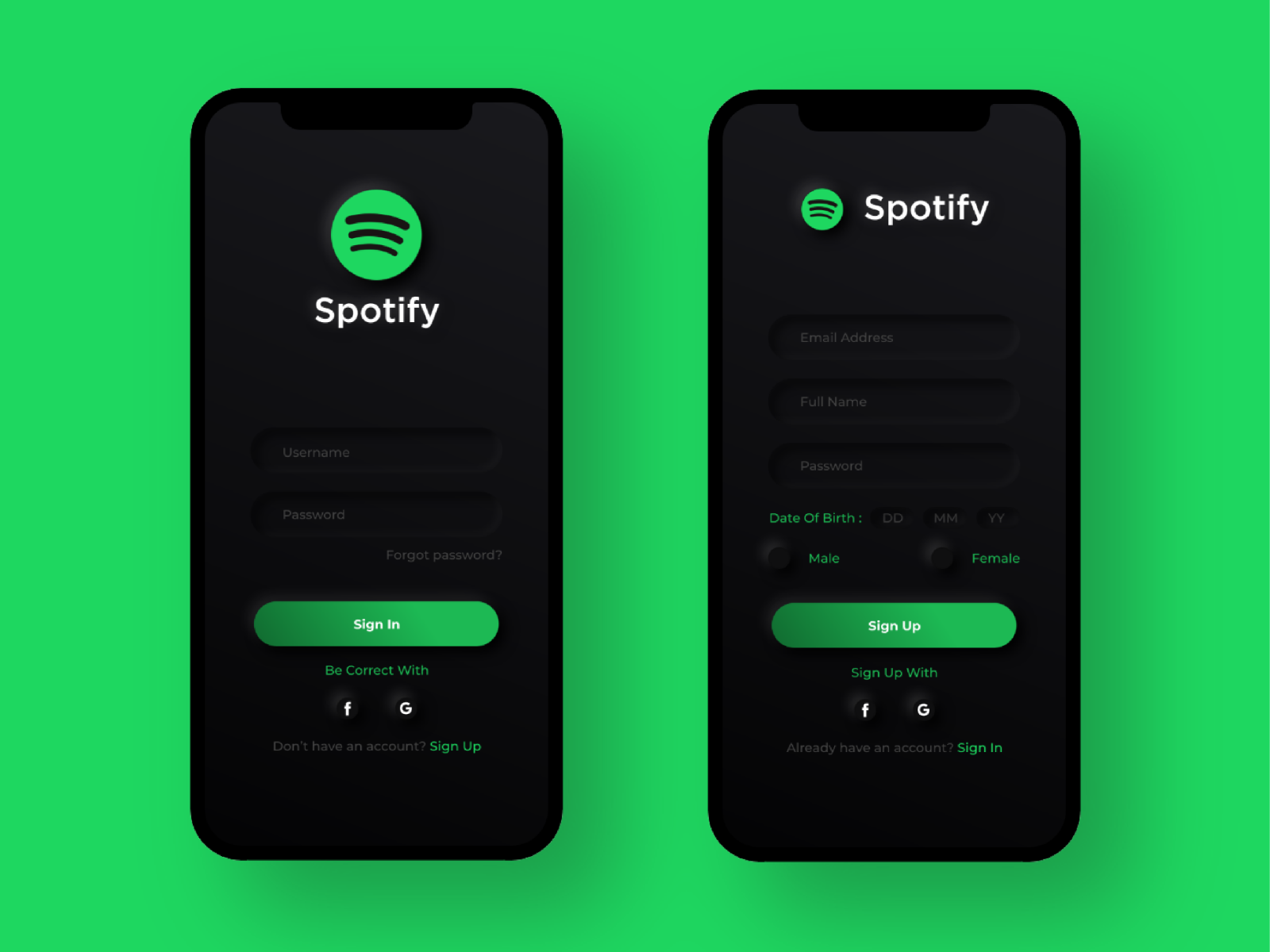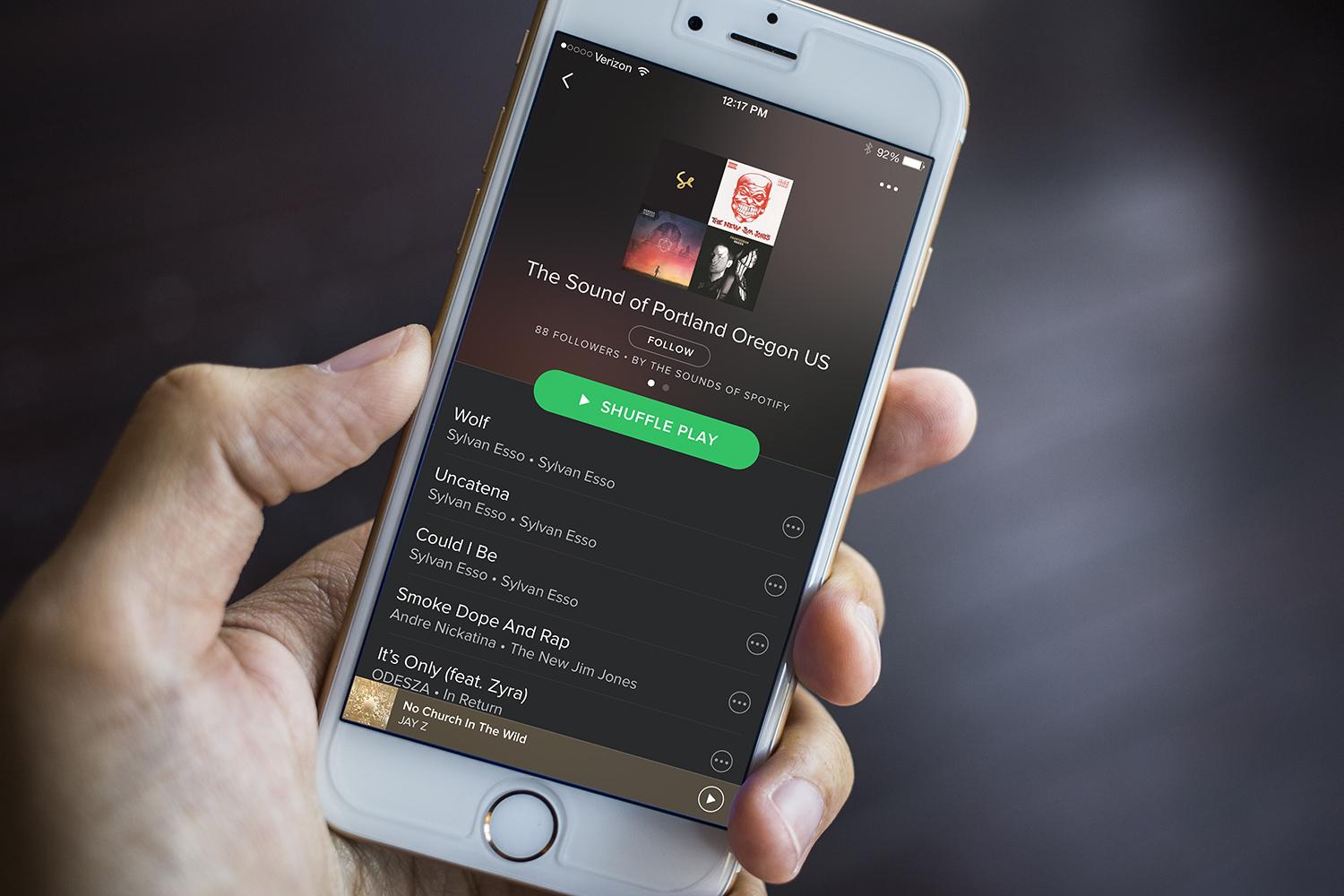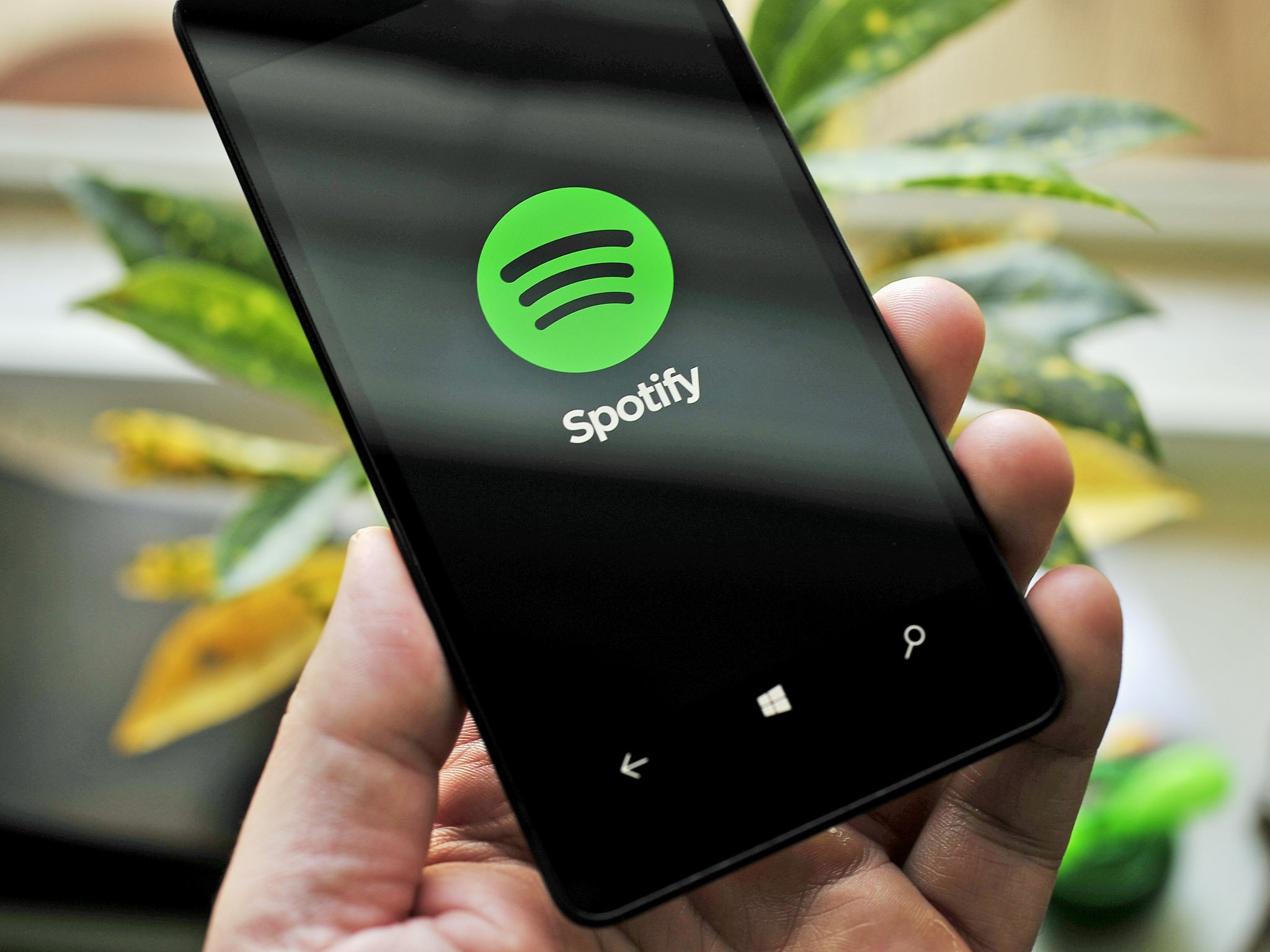Spotify Raises Premium Price Plans Amid Strain on Streaming Services

Spotify Raises Premium Price Plans Amid Strain on Streaming Services
It has been reported that Spotify has increased the prices for its premium plans in multiple countries, including the US, UK, and Australia. This move comes as the music-streaming company seeks to enhance its profitability amidst the challenges posed by an uncertain economic environment.
By raising the prices for its premium plans, Spotify aims to generate additional revenue and improve its financial outlook. The company has been facing increasing competition in the music-streaming industry, and the price adjustment could be a strategic response to maintain its position and invest in further growth.
However, it’s important to note that price increases may be met with mixed reactions from customers, as they could impact the affordability and attractiveness of Spotify’s premium offerings. As a result, the company will need to strike a balance between revenue generation and ensuring customer satisfaction to retain its user base and continue its expansion efforts.

In an ever-changing economic landscape and competitive market, the decision to raise prices represents Spotify’s strategy to navigate challenges and secure its future growth and success.
With the recent price increase, Spotify’s premium plans in the US will see a $1 per month rise. The premium single plan will now start at $10.99, the premium duo plan at $14.99, the premium family plan at $16.99, and the premium student plan at $5.99.
This price adjustment comes as Spotify takes measures to enhance its profitability. The company has undertaken various efforts to boost margins, including implementing hundreds of layoffs and restructuring its podcast unit. The podcast unit, which had received a substantial investment worth billions of dollars, has been reevaluated to ensure optimal resource allocation and cost efficiency.

Amidst increased competition in the music-streaming industry and challenges posed by an uncertain economic environment, Spotify’s decision to raise prices reflects its strategy to maintain a strong financial position while continuing to offer a diverse range of content and services to its subscribers. However, as with any price increase, it may require careful management to balance revenue generation with customer satisfaction and retention.
The price increases implemented by Spotify and other streaming services occur amidst mounting investor pressure to enhance profitability. For years, these platforms have prioritized user growth, but now they face the need to strike a balance between expanding their user base and generating sustainable revenue.
Spotify remains a dominant player in the audio streaming industry, retaining a larger number of paying subscribers than any other audio streaming service. However, it, along with other rivals such as Apple Music, Amazon Music, and Tidal, has all responded to the changing market dynamics by raising its prices this year.
Apple Music and Amazon Music, in addition to Spotify, have adjusted their subscription fees to bolster profitability. Furthermore, YouTube, a significant player in the video streaming space, has recently increased prices for its premium plans in the US for the first time since its subscription service’s launch in 2018.

The collective move towards raising prices reflects the industry’s efforts to adapt to the economic landscape and evolving market conditions. By adjusting their pricing strategies, streaming services aim to maintain sustainable business models while continuing to offer high-quality content and services to their subscribers. As the streaming industry matures, profitability has become a crucial factor for long-term success and growth.
Spotify had previously indicated its intention to raise prices in 2023 and had already implemented price increases in 46 countries last year. The recent price adjustments in the UK and Australia reflect its continued efforts to enhance its financial performance and profitability.
In the UK, prices for individual plans have risen by £1 per month, with the new price set at £10.99. The duo plan now costs £14.99, and the family plan is priced at £17.99 per month. In Australia, individual plans have increased by $1 per month to $12.99, while duo and family plans have seen a two-dollar increase, now priced at $17.99 and $20.99, respectively.

The Sweden-based company is set to report its financial results for the second quarter on Tuesday. These price increases are part of Spotify’s strategy to adapt to the evolving market landscape and investor expectations while continuing to provide its extensive music streaming service to a global audience.
In January, Spotify decided to reduce its workforce by about 600 jobs, which amounted to 6% of its total workforce. This move came as a realization that the company had expanded too rapidly during the coronavirus pandemic. Spotify’s co-founder and chief executive, Daniel Ek, acknowledged that the company had been overly ambitious in its investments, outpacing its revenue growth.
The decision to cut jobs was part of Spotify’s efforts to streamline its operations, optimize costs, and align its growth strategy with a sustainable financial approach. By adjusting its workforce and reevaluating its expansion plans, the company aimed to achieve a better balance between investment and revenue generation, ensuring long-term profitability and financial stability.

The challenges presented by the pandemic highlighted the need for businesses to adapt and recalibrate their strategies to cope with the shifting market conditions and customer behaviors. Spotify’s decision to make job cuts was a significant step towards repositioning the company for continued success in the dynamic and competitive music streaming industry.
Spotify made significant investments in exclusive podcasting deals to attract high-profile content and expand its podcast offerings. In 2020, the streaming giant reportedly paid $100 million for an exclusive licensing deal with Joe Rogan, a popular podcaster with a massive listener base. Additionally, Spotify paid a rumored $25 million for an exclusive podcasting deal with former US President Barack Obama and his wife, Michelle Obama, in 2019. However, this agreement was concluded last year.
Another notable exclusive deal was with Prince Harry and Meghan Markle, the Duke, and Duchess of Sussex, for their Archewell Audio production company. Spotify reportedly paid $20 million for this deal in 2020. Unfortunately, the contract ended by mutual agreement in June after the couple produced just one series for the streaming platform.

These high-value exclusive deals were part of Spotify’s strategy to gain a competitive edge in the podcasting industry and attract more users to its platform. By offering exclusive content from well-known personalities and celebrities, Spotify aimed to diversify its content library and cater to diverse audience interests. However, the decision to end certain exclusive deals highlights the dynamic nature of content partnerships and the need to continually assess their impact and alignment with the company’s objectives.




